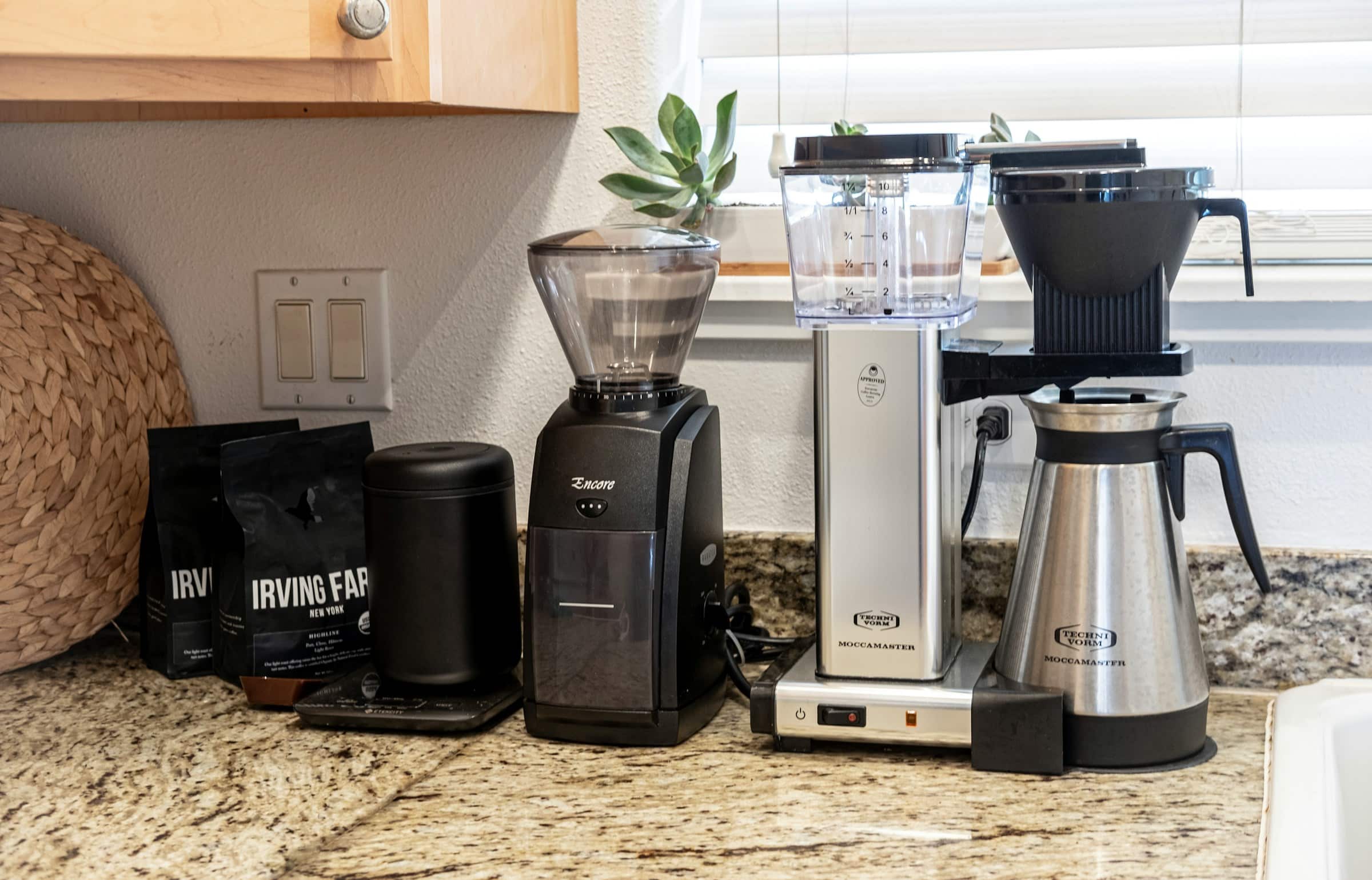
How to choose a robust stand mixer that can handle heavy doughs like whole wheat and rye?
One of the most essential tools in a baker’s kitchen is a stand mixer. For the uninitiated, a stand mixer is a small kitchen appliance that automates the mixing process. It frees up your hands and time, allowing you to prepare other ingredients or work on other tasks. The question is, how can you select a robust stand mixer that can handle heavy doughs like whole wheat and rye? This article delves into the intricacies of stand mixers, the factors to consider when selecting one, and a comparison between popular stand mixer brands like KitchenAid and Bosch.
Understand Your Dough
Before you invest in a mixer, it's crucial to understand the types of dough you'll be dealing with. Heavy doughs like those made from whole wheat and rye require a mixer that can handle the high-gluten content and the rigorous mixing process.
Dans le meme genre : What are the best features of modern toasters with wide slots for various bread types?
Whole wheat and rye are high in protein and gluten, making their doughs denser and heavier than those made from standard white flour. This results in a greater demand on the mixer's motor and requires a more robust and durable stand mixer capable of handling the demand.
Key Components of a Stand Mixer
When considering a stand mixer for heavy doughs, you need to pay attention to several key components. These include the motor's power, bowl capacity, speed settings, and attachments.
A lire aussi : How to select a bean-to-cup coffee machine that maintains coffee quality consistently?
- Motor Power: The power of the motor will dictate how well the stand mixer can handle heavy doughs. Generally, a mixer with a motor power of at least 300 watts should be sufficient for heavy doughs.
- Bowl Capacity: The size of the bowl will influence how much dough you can prepare at a time. If you regularly bake large loaves of bread or multiple batches of cookies, you will need a mixer with a larger bowl.
- Speed Settings: The speed settings on a stand mixer allow you to control the mixing process. You will need a mixer with a range of speed settings to handle different mixing tasks effectively.
- Attachments: Stand mixers come with a variety of attachments, including dough hooks, flat beaters, and wire whisks. A dough hook is specifically designed to mimic the motions of hand-kneading bread, and it's a must-have for anyone working with heavy doughs.
Stand Mixers: KitchenAid vs Bosch
Two of the most popular stand mixers on the market are the KitchenAid and the Bosch Universal Plus. Both are renowned for their high-quality build and superior performance. But how do they fare when handling heavy doughs?
- KitchenAid: KitchenAid stand mixers are known for their iconic design and powerful motors. They come with a range of attachments, including the dough hook, which is perfect for handling heavy doughs. KitchenAid mixers offer ten speed settings, which provide precise control over the mixing process. The bowl capacity of a KitchenAid mixer ranges from 4.5 to 6 quarts, which can handle a large batch of dough.
- Bosch Universal Plus: The Bosch Universal Plus is a powerhouse of a mixer, with a powerful 800-watt motor that can handle up to 14 pounds of dough. The unique bottom-drive design and dual beaters provide more thorough mixing. It comes with a large 6.5-quart bowl and a dough hook among other attachments. However, it offers fewer speed settings (4 speeds), but its strength and capacity make it ideal for heavy doughs.
Making the Decision: Which Mixer is Right for You?
Choosing a mixer will ultimately depend on your specific needs and preferences. If you value a range of speed settings and a myriad of attachments, you might prefer the KitchenAid. If you handle large volumes of heavy dough and need a mixer with a strong motor and large capacity, the Bosch Universal Plus could be your perfect match.
Remember, a high-quality stand mixer is an investment. It's not just about purchasing a kitchen appliance; it's about investing in a tool that will support your baking endeavors, save you time, and deliver consistent results every time. Whether you're a seasoned baker or just starting, a robust stand mixer that can handle heavy doughs like whole wheat and rye will be an invaluable addition to your kitchen.
Getting the Most Out of Your Stand Mixer: Tips and Tricks
The magic of a stand mixer extends beyond just mixing dough. These versatile kitchen tools can also whip cream, beat eggs, make ice cream, and more. So how can you maximize the use of your stand mixer in your kitchen?
Dough Hook Attachment: Always use the dough hook when working with heavy doughs like whole wheat and rye. The dough hook is designed to mimic the process of kneading bread dough by hand, making it perfect for these tough doughs. It rotates and moves the dough around the mixing bowl, ensuring all ingredients are fully incorporated.
Proper Maintenance: Regular cleaning and maintenance of your stand mixer can prolong its life and ensure it continues to perform optimally. After each use, clean all removable parts including the mixing bowl, dough hook, and other attachments. Also, from time to time, check and tighten any loose screws and ensure that the mixer is not making any unusual noises, which could indicate a problem with the motor.
Speed Settings: Utilize your stand mixer's speed settings wisely. For heavy doughs, start on a low setting and gradually increase the speed. This allows the gluten in the dough to develop slowly, resulting in a smoother and more elastic dough. Remember, overmixing can lead to a tough and dense product, so keep an eye on your dough.
Versatility: Expanding your baking repertoire can help you get the most out of your mixer. A stand mixer can do more than just mix dough. With the right attachment, you can make homemade pasta, grind meat, and even churn ice cream. So don't limit your mixer to bread and cookies - spruce up your meals by exploring the diverse ways you can use your mixer.
Conclusion: The Powerhouse of Your Kitchen
In conclusion, a robust stand mixer that can handle heavy doughs like whole wheat and rye is a game-changer in any kitchen. It eases the labor-intensive process of kneading bread dough, speeds up your baking process, and offers consistency that's hard to achieve by hand.
When choosing between popular brands like KitchenAid and Bosch Universal, it's important to consider your specific baking needs. Remember, a more powerful motor, larger mixing bowl, various speed settings, and the right attachments like the dough hook can make a world of difference when dealing with heavy doughs.
Finally, always remember to maintain your mixer well and to experiment with its various uses to truly make the most of this kitchen powerhouse. Whether you're whipping up a loaf of whole wheat sourdough bread or churning a bowl of homemade ice cream, a quality stand mixer is your reliable partner in the kitchen.
